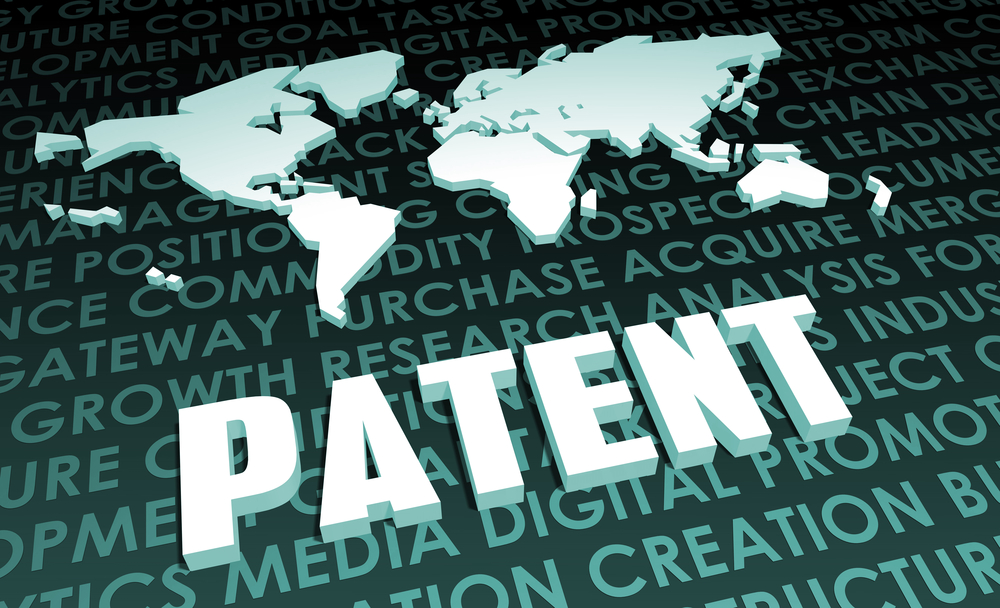Two of the most versatile and powerful pluripotent stem cell types are embryonic stem cells (ESCs) and induced pluripotent stem cells (iPSCs). For this reason, the patent environment surrounding these stem cell types is complicated, and there are a number of restrictions on how the cells can be used for commercial purposes.
The most infamous stem cell patents are held by the Wisconsin Alumni Research Foundation (WARF) and concern the derivation of human embryonic stem cells (hESCs). Founded in 1925, the Wisconsin Alumni Research Foundation (WARF) is a nonprofit patent and licensing organization for the University of Wisconsin–Madison.” It manages a $2.6 billion endowment build over 90 years of licensing activity , making it one of the world’s most successful university-based technology transfer offices.
In 2006, Jeanne Loring of Scripps Research Institute and two public interest groups, Consumer Watchdog and the Public Patent Foundation, challenged the WARF patents. Due to the controversial nature of the court case, the WARF patent dispute grew into one of the best known patent disputes within the stem cell sector. Although it was settled in U.S. courts between 2008 and 2010[1], appeals continued through February of 2015[2]. In February of 2015, the prolonged court case ended with the U.S. Supreme Court deciding not hear any further appeals. The decision meant that WARF was allowed to keep its patent rights concerning embryonic stem cell (ESC) derivation, based on the discovery of the cell type by James Thompson in 1998.
Nonetheless, the challengers succeeded in preventing WARF from gaining rights over induced pluripotent stem cells (iPSCs), which would have given WARF nearly impenetrable control over pluripotent stem cell types.[3]
In 2006, Drs. Yamanaka and Takahashi filed a U.S. patent claiming a method for creating iPSCs titled “Oct3/4, Klf4, c-Myc and Sox2 produce induced pluripotent stem cells,” which was issued as U.S. Patent No. 8,058,065 to Kyoto University on November 15, 2011. While there have been other patents issued pertaining to the cellular reprogramming and creation of iPSCs, this patent is the dominant one within the iPSC sector and the one limiting commercial development of iPSC products.
The Abstract for U.S. Patent Number 8,058,065 reads:
“Induced pluripotent stem cells are produced from human somatic cells by co-culturing human somatic cells having a reprogrammed nucleus with human cells as feeder cells. Induced pluripotent stem cells are produced from somatic cells by co-culturing somatic cells having a reprogrammed nucleus with autologous cells as feeder cells. Induced pluripotent stem cells are cultured with culture supernatant of somatic cells.”
Often called the “Yamanaka Patent,” this famous patent is was challenged in 2014 by a group called BioGatekeeper, Inc. If the “Yamanaka Patent” challenge had been successful, it could have spurred incredible innovation within the stem cell sector by allowing for lower cost creation of iPSC products, technologies, and therapies. Currently, most companies are forced to pay licensing fees to use the methodology described in the “Yamanaka Patent,” fees which are often prohibitively expensive.
However, the dispute did not last long, as the United States Patent and Trademark Office (USPTO) before the Patent Trial and Appeal Board dismissed the case on February 11, 2015, stating:
“The Petition does not persuade us that there is a reasonable likelihood that the challenged claim 1 is unpatentable based on the asserted ground. We decline to institute an inter partes review of claim 1 under 35 U.S.C. § 103(a) as obvious over the combination of Jaenisch, Benvenisty, and Li. 37 C.F.R. § 42.108(c).”
To learn more about iPSC patent challenges, view the “Complete 2015-16 Induced Pluripotent Stem Cell Industry Report.”
About BioInformant
BioInformant is the first and only market research firm to specialize exclusively in the stem cell industry. BioInformant research has been cited by major news outlets that include the Wall Street Journal, Nature Biotechnology, Medical Ethics, Vogue Magazine, and more. Serving Fortune 500 leaders that include GE Healthcare, Pfizer, and Goldman Sachs, BioInformant is your global leader in stem cell industry data.
